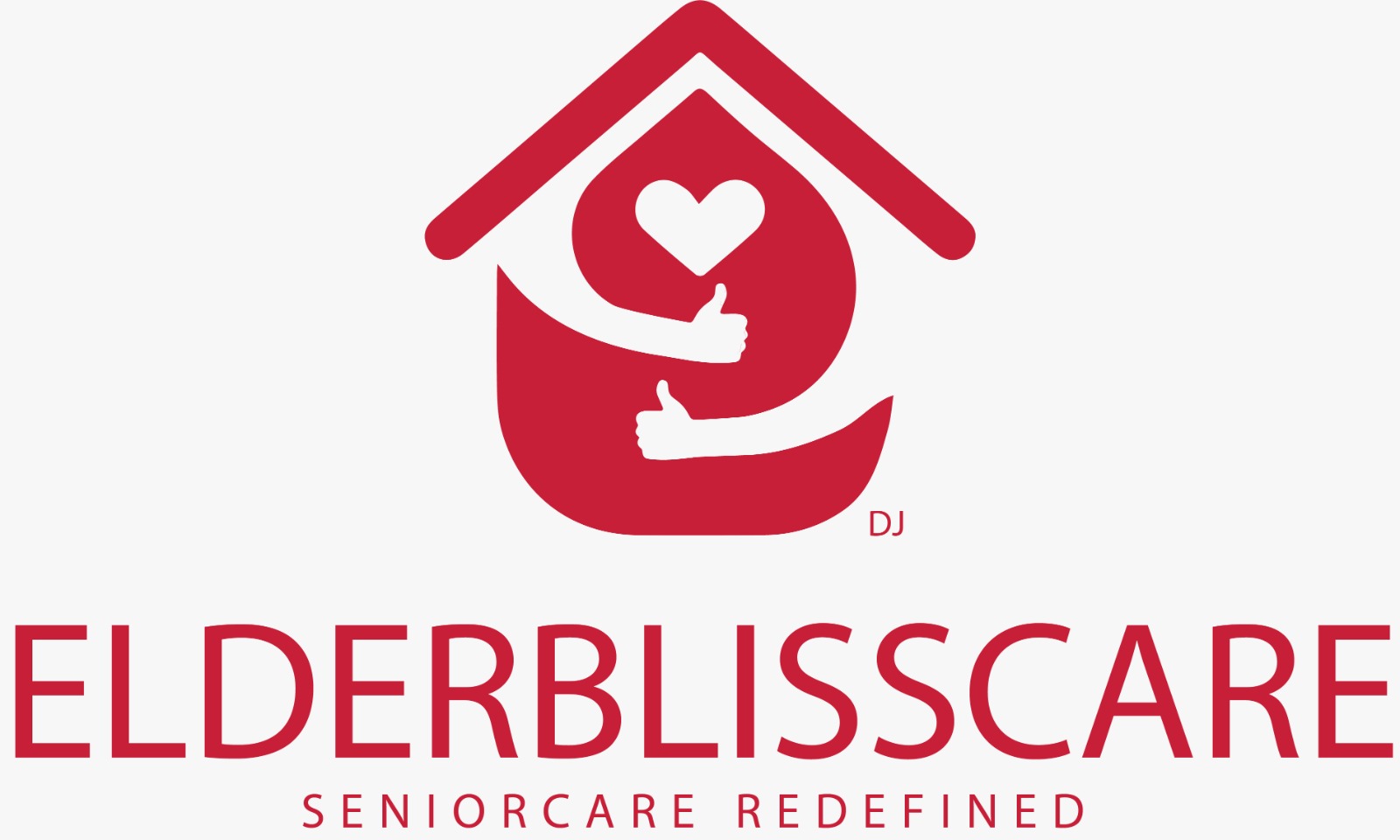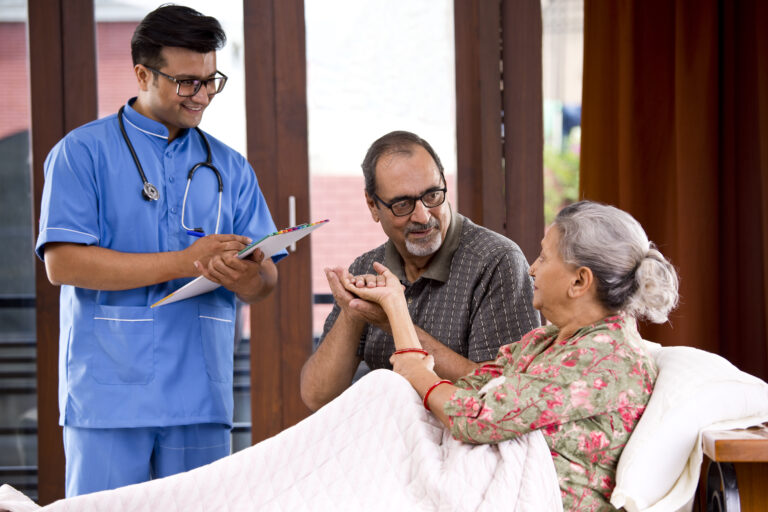Falls among older adults are a significant health risk, and the consequences can be life-altering. According to the Centers for Disease Control and Prevention (CDC), 1 out of every 4 seniors aged 65 and older experiences a fall. These incidents can lead to a wide range of physical, emotional, and psychological challenges, affecting not only the individual’s health but also their quality of life, independence, and overall well-being. Here’s how a fall can impact an elder’s life:
1. Physical Health Consequences
Injuries:
- Falls are a leading cause of injury in older adults, often resulting in fractures, sprains, or bruises. Common injuries include broken hips, wrists, or ankles. Hip fractures, in particular, can be devastating, requiring surgery and prolonged rehabilitation.
- Head Injuries: Falls can also result in traumatic brain injuries (TBIs), which may not always be immediately apparent. Concussions or internal bleeding can lead to long-term complications such as cognitive impairment or increased risk of dementia.
Reduced Mobility:
- After a fall, even if there are no serious injuries, seniors may experience a fear of falling again, leading them to limit physical activity. This can contribute to muscle weakness, reduced mobility, and decreased independence.
Increased Risk of Future Falls:
- A fall often leads to a cycle of fear, weakness, and imbalance. Older adults who fall may become less confident in their ability to move safely, which increases the risk of future falls.
2. Emotional and Psychological Impact
Fear and Anxiety:
- Following a fall, many older adults develop a significant fear of falling again. This fear can cause them to restrict daily activities, further isolating themselves from social interactions and hobbies they once enjoyed.
- The anxiety of falling can create a vicious cycle, leading to depression, social withdrawal, and a reduced quality of life.
Loss of Independence:
- If a senior is unable to recover fully from a fall or faces ongoing physical limitations, they may need help with daily tasks like bathing, dressing, or preparing meals. This loss of independence can be emotionally challenging and may lead to feelings of frustration, sadness, or helplessness.
Cognitive Decline:
- In some cases, a fall may exacerbate cognitive decline, particularly if it results in a brain injury or prolonged hospital stay. This can accelerate conditions like dementia or Alzheimer’s disease, making it harder for seniors to perform daily functions.
3. Social Isolation
Withdrawal from Social Activities:
- The fear of falling can cause seniors to avoid social activities, exercise, or outings. Isolation can lead to feelings of loneliness and depression, which in turn can reduce their overall health and well-being.
Decreased Family Interactions:
- As a result of limited mobility or anxiety, elders may decline invitations from family or friends, leading to a sense of disconnection from their loved ones. The social support network is essential for emotional health, and a lack of connection can hinder recovery after a fall.
4. Impact on Caregiving Needs
Increased Need for Assistance:
- After a fall, many older adults require assistance from caregivers for daily activities. This may include help with mobility, dressing, bathing, and eating. For some, this means relying more on family members or professional caregivers.
Caregiver Burden:
- Family members or caregivers may experience increased stress and emotional strain as they support their loved ones through recovery. The financial and physical demands of caregiving can also be challenging.
5. Financial and Healthcare Burdens
Medical Costs:
- A fall often results in hospital visits, surgeries, physical therapy, or long-term care, which can be costly. Even for those with insurance, the out-of-pocket expenses can be significant.
Long-Term Healthcare Needs:
- Some falls result in permanent disabilities or long-term health issues, leading to ongoing medical costs for rehabilitation, home care, or assisted living. These financial strains can be a significant burden on the senior and their family.
Loss of Employment (for Caregivers):
- If family members need to reduce work hours or stop working altogether to care for an elder who has fallen, it can lead to financial instability for the caregiver, adding another layer of stress.
6. Long-Term Health Consequences
Chronic Pain and Disability:
- After a fall, older adults may develop long-term pain or disability, making it harder to perform basic tasks. Joint damage or fractures may never fully heal, affecting mobility and increasing dependence on others.
Decline in Physical Health:
- Prolonged immobility or reduced activity following a fall can lead to muscle atrophy, joint stiffness, and further deterioration in health. Seniors may also experience weight gain or other health complications related to inactivity.
Exacerbation of Pre-Existing Conditions:
- Conditions like arthritis, osteoporosis, or cardiovascular disease may worsen after a fall, complicating the recovery process and increasing the risk of further health issues.
7. Impact on Quality of Life
Decreased Quality of Life:
- The combination of pain, fear, dependence, and isolation significantly reduces an elder’s quality of life. Everyday pleasures like going for a walk, visiting friends, or participating in hobbies may no longer be possible.
Emotional Strain:
- The physical and emotional toll of a fall often leads to a diminished sense of self-worth and autonomy. The elder may feel a loss of control over their life and their environment, which can contribute to depression and a sense of despair.
Falls have a profound impact on seniors, affecting their physical health, emotional well-being, social life, and independence. Given that 1 out of every 4 elders experiences a fall annually, the need for fall prevention strategies, early detection, and effective recovery plans is critical. Measures like home modifications, regular physical activity, proper medical management, and social support can help reduce the risk and severity of falls, improving the overall quality of life for older adults.

